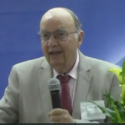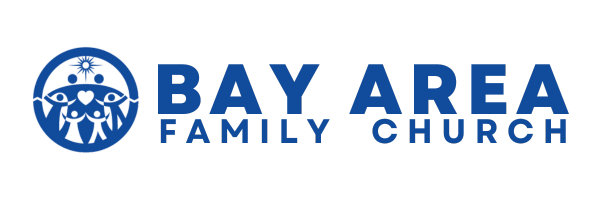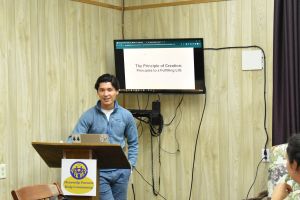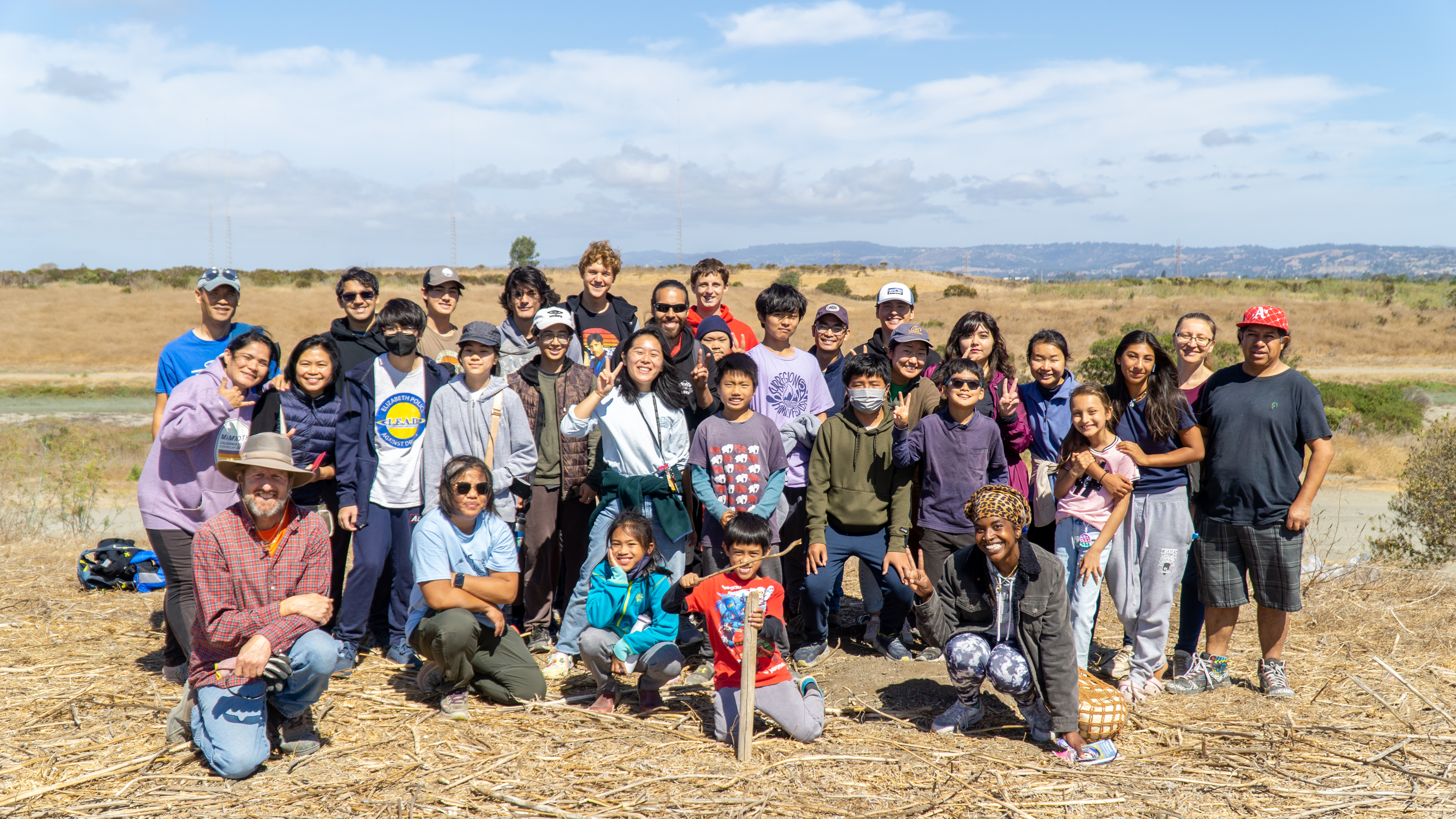Moral Development
From a biblical perspective, each person is created in the image of God and has great potential for love, reason, and creativity. From a secular point of view each person has, in potential, the same nature. Psychologists speak of the 24 strengths in each person that can be developed by taking responsibility to cultivate those strengths. These are often the virtues described by the Judeo-Christian worldview: prudence, temperance, justice, and fortitude (courage).

From birth a child can be nourished by parents loving care and prudent guidance, as a child learns to develop a moral or ethical life. This process of moral foundation is the basis of good character. Ideally, a school supports students in developing the strengths that he or she learns at home. The school teaches subject matter in the hopes that students will use knowledge for a good purpose: they will become wise learners as they develop good character. Students feel secure as they grow in families and schools that provide a culture of love.
To continue offering young people an environment of love and care, communities can offer support for the ethical life. A religious community, the scouts, or service clubs can provide the nourishment for future growth.
Unfortunately, children are challenged by a culture that often undermines moral or ethical values. Films, videos, and social media often provide images of violence, sexual stimulation, and depraved behavior. Families are mocked and feckless individuals dominate situation comedies.
A globalized economy emphasizes efficiency and profitability, while social
responsibility and ethics are often an afterthought. Individuals seek success and wealth
and we become a "Me" culture rather than a "We" culture.
So, to give our children meaning and hope for a life well-lived, we need to refocus
on the best of what our culture represents: care, compassion, service, sacrifice,
and building moral families, communities, as well as schools that provide not only
academic excellence but the virtues that make for good character. Such a life provides
dignity, honor, and joy to children as they grow. We need to help children understand
the meaning of a life well-lived and offer them models for their moral development.
 Mose Durst is an author, educator, and the former president of the Unification Church of the United States. He received a master’s degree and PhD while studying English Literature at the University of Oregon. He taught at a number of colleges and currently teaches literature and history at the Principled Academy in San Leandro, California. He has published eight books including Principled Education, Shakespeare’s Plays, and Oakland, California: Towards A Sustainable City.
Mose Durst is an author, educator, and the former president of the Unification Church of the United States. He received a master’s degree and PhD while studying English Literature at the University of Oregon. He taught at a number of colleges and currently teaches literature and history at the Principled Academy in San Leandro, California. He has published eight books including Principled Education, Shakespeare’s Plays, and Oakland, California: Towards A Sustainable City.




